
Tour Guides in Crosswords: An Overview
Tour guides frequently appear as crossword clues, often relating to travel or direction. Answers can range from simple map references to more specialized terms, offering solvers a diverse challenge. Understanding common clues can greatly improve solving speed and accuracy.
Common Clues and Answers
Common crossword clues related to tour guides often involve words associated with navigation, direction, or historical knowledge. Answers like “MAP,” “GPS,” “CICERONE,” and “POINTER” frequently appear. Clues might reference guiding travelers, providing directions, or offering historical context at a destination. Understanding these common associations is helpful for solvers. For example, a clue like “One leading the way” could point to “POINTER.” Recognizing travel-related vocabulary improves crossword solving skills. Exploring various crossword puzzles will showcase frequently used clues and their corresponding answers in this category. This will greatly increase crossword puzzle solving skills.
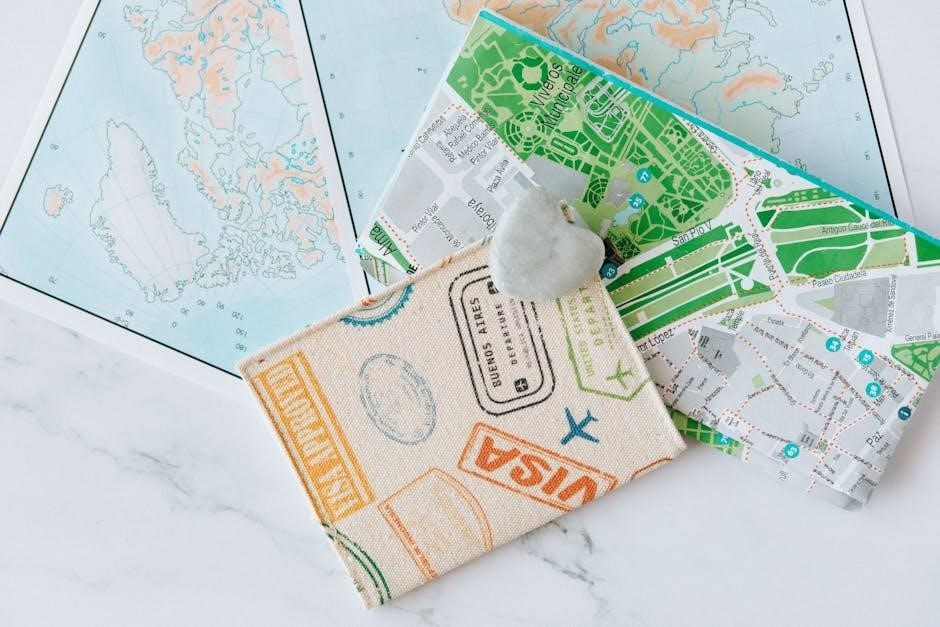
Specific Crossword Clues
Certain crossword clues specifically target “tour guide” as the answer. These clues often specify the number of letters, helping narrow down possibilities. Let’s examine an example where the answer is an 8-letter word.
“Tour Guide” (8 Letters)
When facing an 8-letter “Tour Guide” crossword clue, several possibilities exist. One potential answer is “CICERONE”, a knowledgeable guide, especially one showing antiquities and places of interest to sightseers. Other clues might indirectly refer to a tour guide, using synonyms or related concepts. Consider the context of the crossword puzzle and any intersecting letters to narrow down the options.
Pattern matching and crossword solvers can be valuable tools. Think about what a tour guide does and use this thought process to select the best possible answer.
Possible Crossword Answers
Crossword answers related to tour guides can vary. Common solutions include MAP, GPS, and CICERONE. The length of the answer and intersecting letters are crucial for determining the correct solution.
GPS
GPS, or Global Positioning System, often appears as a three-letter answer for “tour guide” related clues. In crosswords, its brevity and common usage in navigation make it a frequent solution. Think of clues referencing direction, location, or technology aiding travelers.
GPS is a modern tool that offers real-time positioning, replacing traditional maps. Its integration into smartphones has made it accessible to virtually everyone, revolutionizing how we explore new places. Therefore, when “tour guide” clues are short, GPS is a likely possibility. It embodies convenient guidance.
MAP
A “map” is a quintessential tool for any tour guide, and unsurprisingly, a frequent answer in crosswords. Typically a three-letter solution, it often appears with clues referencing direction, routes, or geographical layouts. When considering “tour guide” as a clue, think about basic navigational aids.
Maps come in various forms, from traditional paper versions to digital formats. Their primary function is to provide a visual representation of an area. For crossword puzzles, “map” is a straightforward and easily recognizable answer, especially in simpler or quick crosswords. Its simplicity makes it a reliable solution.
AREAMAP
An “AREAMAP,” often rendered as a single word, is a more detailed type of map, fitting longer crossword clues related to tour guides. Spanning seven letters, this answer suggests a focus on a specific region or zone. Clues might allude to localized tourist spots or detailed geographical surveys.
Consider “AREAMAP” when the crossword clue requires a seven-letter response and hints at regional guidance. Tour guides utilize area maps to showcase points of interest within a confined location. Therefore, this answer embodies detailed navigational assistance for tourists. It’s a valuable asset in the crossword solver’s arsenal.
CICERONE
The word “CICERONE” is a sophisticated and less common answer for a “tour guide” crossword clue, typically fitting an eight-letter space. It refers to a knowledgeable guide who explains antiquities and local history to sightseers. Expect this answer when the clue suggests historical expertise or a learned individual leading a tour.
Originating from Italian, “CICERONE” implies a deep understanding of culture and art. Crossword clues might hint at Italian roots or scholarly tours. Selecting “CICERONE” showcases a solver’s broad vocabulary and aptitude for recognizing nuanced synonyms. It adds a layer of intellectual depth to the crossword puzzle.
POINTER
In the context of crossword puzzles, “POINTER” emerges as a metaphorical representation of a tour guide, someone or something that directs attention. This could allude to a person offering guidance or an object indicating a specific location or direction. The crossword clue might use wording emphasizing direction, indication, or guidance.
“POINTER” as a solution may involve lateral thinking, where the solver must connect the idea of direction to the role of a tour guide. This answer requires considering the broader implications of the word rather than just a literal tour guide definition. Successfully identifying “POINTER” showcases flexible problem-solving skills.
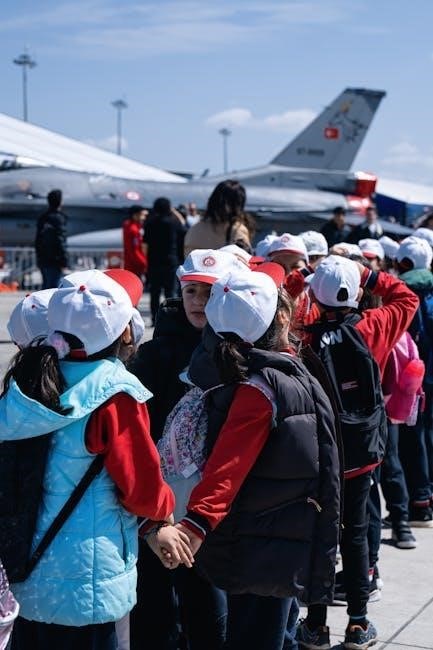
Crossword Solving Techniques
Effective crossword solving involves pattern matching and utilizing online solvers. Analyzing clue structure and leveraging databases enhances success. Mastering these techniques assists in deciphering tour guide related clues.
Pattern Matching
Pattern matching is crucial when solving crosswords, especially with tour guide related clues. Knowing the number of letters helps narrow down possibilities. For example, a clue for “tour guide” with eight letters might lead to “CICERONE.” Recognizing common letter combinations and prefixes/suffixes used in travel-related words aids in efficient guessing. Analyzing the grid for intersecting letters further refines the search, making pattern recognition an invaluable strategy. This technique, combined with knowledge of synonyms and related terms, significantly improves crossword solving speed and accuracy, particularly when dealing with vocabulary related to travel and guidance.
Using the Crossword Solver
Online crossword solvers are valuable tools when stumped by “tour guide” clues. Inputting known letters and the clue’s length quickly generates potential answers. These solvers often access vast databases, increasing the chance of finding obscure or less common terms related to tour guides. Refine searches by adding related keywords, like “travel” or “direction,” to improve results. However, remember solvers are aids, not replacements for critical thinking. Use them to suggest possibilities, but always verify answers against intersecting clues and your general knowledge to ensure accuracy within the puzzle’s context.
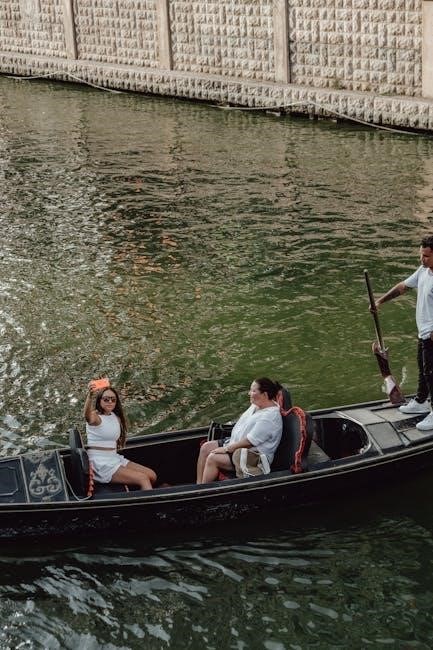
Types of Crossword Puzzles
Crosswords vary widely. Classic crosswords use straightforward clues. Cryptic crosswords employ wordplay, anagrams, and hidden meanings. Both types might feature “tour guide” related clues, demanding different solving skills and knowledge bases.
Classic Crosswords
Classic crosswords present direct clues, making them accessible to a wide range of solvers. When a “tour guide” appears, the answer is usually a straightforward term, such as “CICERONE” or “MAP.” These puzzles rely on general knowledge and vocabulary rather than intricate wordplay. Expect clues that clearly define the role or tools used by a tour guide. Solutions often involve common synonyms or related terms, ensuring a relatively easy solve for those familiar with travel and geography. Pattern matching and basic deduction are key skills.
Cryptic Crosswords
Cryptic crosswords offer a significantly greater challenge, employing wordplay, anagrams, and hidden words to disguise the answer. A clue for “tour guide” might involve a pun, a double meaning, or a hidden reference within the wording. Solvers must decipher the clue’s construction to arrive at the solution. These puzzles demand a strong vocabulary, an understanding of cryptic techniques, and creative thinking. Answers are often less obvious and require careful analysis of the clue’s structure. Mastering cryptic clues enhances problem-solving skills and offers a rewarding mental workout when unraveling complex word puzzles.
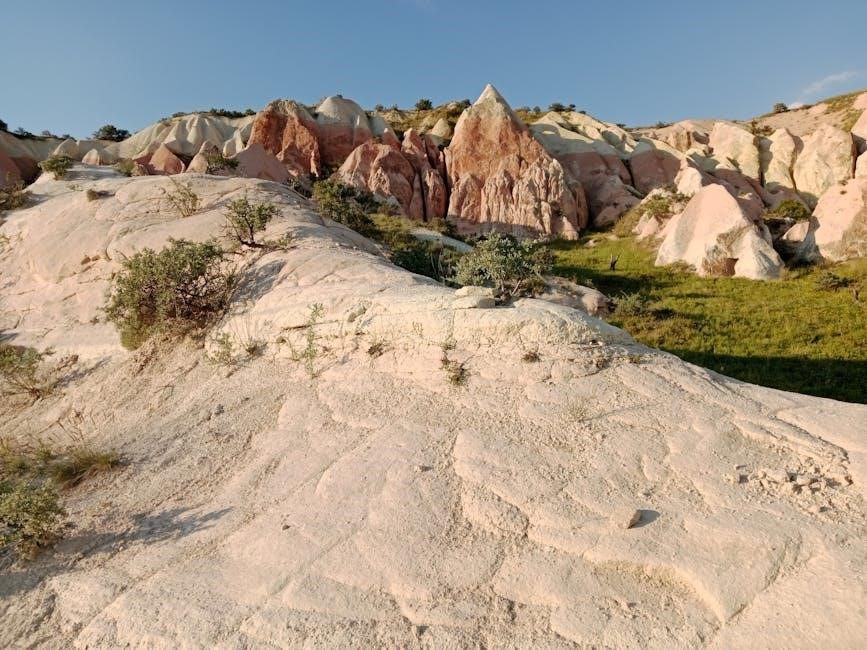
Cryptic Crossword Clues for Tour Guides
Cryptic clues for tour guides are notoriously tricky. They employ wordplay, double meanings, and hidden words. Successfully solving them requires a strong understanding of cryptic techniques and creative thinking.
Understanding Cryptic Clues
Cryptic crossword clues often present a significant challenge due to their indirect nature. They rarely offer a straightforward definition; instead, they rely on wordplay, such as anagrams, hidden words, reversals, and homophones. To decipher these clues, one must identify the clue type and unravel the layers of deception. Look for indicator words that signal a specific type of wordplay.
Anagram indicators might include “mixed” or “arranged,” while reversal indicators could be “returned” or “going back.” Homophones are often signaled by words like “heard” or “said.” Ultimately, patience and a keen eye for detail are essential for mastering cryptic clues.
Examples of Cryptic Clues
Consider a cryptic clue like “Guide turns back, seeing Rome (8).” This suggests a reversal (“turns back”) and a hidden word (“seeing Rome”). The answer, CICERONE, is a reversal of “E” and hidden within “seeing Rome.” Another example: “Pointer’s direction confused (7).” This hints at an anagram (“confused”) of “direction.” Rearranging the letters yields POINTER.
Cryptic clues often combine definition and wordplay, requiring solvers to dissect each part. “Map found in area (3)” could lead to MAP, hidden within “area.” These examples illustrate the complexity and ingenuity involved in crafting and solving cryptic crossword clues related to tour guides and related terms.
Tools for Solving Crosswords
Numerous tools assist crossword solvers, including online solvers and databases. These resources help find potential answers by pattern matching or accessing extensive clue and answer collections, speeding up the solving process.
Online Crossword Solvers
Online crossword solvers are valuable tools for deciphering clues related to “tour guide” or travel themes. These solvers allow users to input known letters and patterns, generating potential answers. They often have vast databases, increasing the chances of finding the correct solution quickly. Many solvers also provide hint functions, offering assistance without revealing the entire answer. Furthermore, some platforms analyze clue structures, helping identify cryptic or thematic elements. These features significantly enhance the crossword-solving experience, particularly when encountering challenging or ambiguous clues related to tour guides and travel vocabulary.
Crossword Puzzle Databases
Crossword puzzle databases are essential resources for solvers tackling clues about “tour guides.” These databases archive vast collections of past crossword puzzles, allowing users to search for specific clues or answers. By searching for “tour guide,” solvers can identify frequently used solutions and related clues. This can reveal common patterns and vocabulary associated with the theme. Databases also offer insights into how clues are constructed, aiding in deciphering cryptic or thematic puzzles. Accessing these resources significantly improves a solver’s ability to recognize and solve “tour guide” related crossword entries.
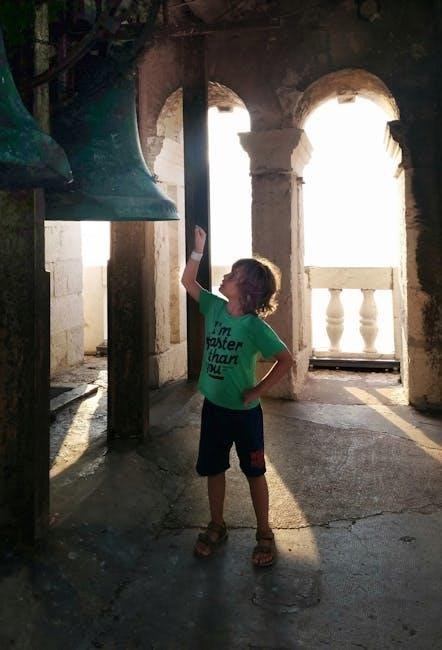
Crossword Difficulty Levels
Crossword difficulty varies greatly, affecting “tour guide” clues. Easy puzzles use direct clues, while harder ones employ cryptic wording or obscure synonyms. Solvers adjust strategies based on the puzzle’s difficulty.
Easy Crosswords
Easy crosswords present straightforward clues for “tour guide” related terms. These puzzles often use common synonyms or direct definitions. For example, a clue might simply be “Travel guide” with the answer “MAP.” These puzzles are ideal for beginners or those seeking a quick solve. The goal is accessibility, using familiar vocabulary and avoiding complex wordplay. Fill-in-the-blank style clues are also prevalent. Solving easy crosswords helps build a foundation for tackling more challenging puzzles. The focus is on testing basic knowledge rather than intricate reasoning.
Difficult Crosswords
Difficult crosswords pose a significant challenge with intricate clues referencing “tour guide” concepts. These puzzles often employ cryptic definitions, requiring solvers to decipher hidden meanings. An example might be “Leader seen around sites” hinting at “CICERONE.” Advanced techniques like anagrams and reversals are common. Solvers need a broad vocabulary and keen analytical skills. These puzzles test lateral thinking and the ability to interpret ambiguous wording. Success requires patience, persistence, and a deep understanding of crossword conventions. The satisfaction of solving a difficult crossword is immense.
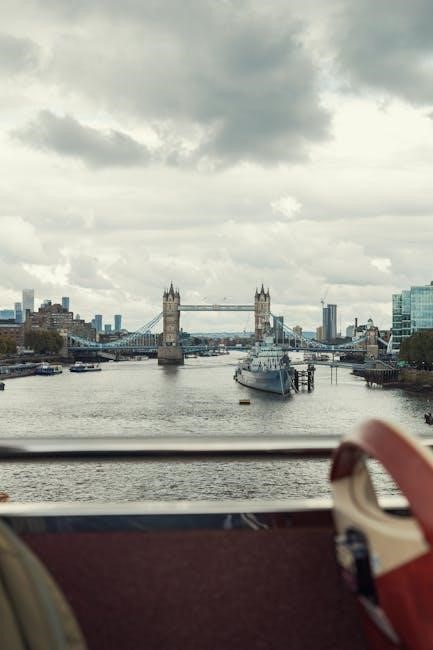
Examples of Tour Guide Related Clues in Different Crosswords
Various crosswords, including the LA Times, Newsday, and NYT, often feature “tour guide” related clues. These clues can vary in difficulty, testing solvers’ knowledge and puzzle-solving skills with diverse wordplay.
LA Times Crossword
The LA Times Crossword sometimes presents challenging clues related to tour guides. These clues can range from direct definitions to more cryptic references involving travel, navigation, or historical figures associated with guiding. Solvers might encounter clues where the answer is a synonym for “guide,” such as “CICERONE” or “POINTER.” Other clues could involve maps, like “AREAMAP,” or modern navigational tools, such as “GPS.” Successfully solving these clues requires a broad vocabulary and familiarity with travel-related terms. The LA Times puzzles often test solvers’ knowledge, requiring both deduction skills and a solid grasp of general knowledge.
Newsday Crossword
The Newsday Crossword, known for its clever and concise clues, frequently features “tour guide” related entries. These may appear as straightforward fill-in-the-blanks or more subtle, pun-based challenges. A common answer might be “MAP,” or other navigational aids. The clues might also play on words associated with guidance or direction. Solvers need to consider synonyms and broader concepts relating to leading or showing someone around. Newsday’s puzzles also often require a good understanding of geography and travel terminology. The puzzles are known for their tricky clues and broad range of topics.
NYT Crossword
The New York Times Crossword, renowned for its intellectual and often challenging clues, occasionally features “tour guide” themed entries. These can range from simple geographical references to more complex wordplay involving direction, leadership, or travel. Common answers include “CICERONE” or “MAP,” depending on the clue’s specificity. NYT clues frequently demand a deeper understanding of vocabulary and cultural references. Solvers should consider synonyms, historical context, and even literary allusions when tackling these clues. The NYT’s puzzles are known for their sophistication, often testing solvers’ knowledge and reasoning skills, making them a rewarding challenge.

Thematic Crosswords Related to Travel
Thematic crosswords centered on travel often incorporate tour guide references. These puzzles may include destinations, landmarks, or travel-related vocabulary, enhancing the solver’s journey through wordplay and geographical knowledge, providing a stimulating experience.
Travel Destinations
Within travel-themed crosswords, clues about travel destinations frequently intersect with the concept of tour guides. A clue might indirectly reference a famous landmark where guides are essential, such as the “Eiffel Tower locale” leading to PARIS. Another approach involves hinting at a city known for its guided tours, like “Rome’s ancient site,” pointing to FORUM.
The puzzle could also use descriptive phrases alluding to regions where guides are indispensable, for instance, “Amazon explorer’s need” suggesting a GUIDE. Recognizing these connections between destinations and the role of tour guides adds a layer of complexity and enjoyment for crossword enthusiasts.
Travel Vocabulary
Crosswords centered on travel themes often incorporate vocabulary directly related to tour guides and their profession. Clues might involve terms like “itinerary,” referring to a guide’s planned route, or “excursion,” signifying a guided trip. Furthermore, words like “landmark,” frequently pointed out by guides, or “artifact,” often explained on historical tours, appear frequently.
Synonyms for “guide,” such as “escort” or “docent,” could also be used. Even the word “tourism” itself might feature, linking the broader industry to the specific role of a tour guide. Successfully solving these clues requires a comprehensive understanding of travel-related terminology.
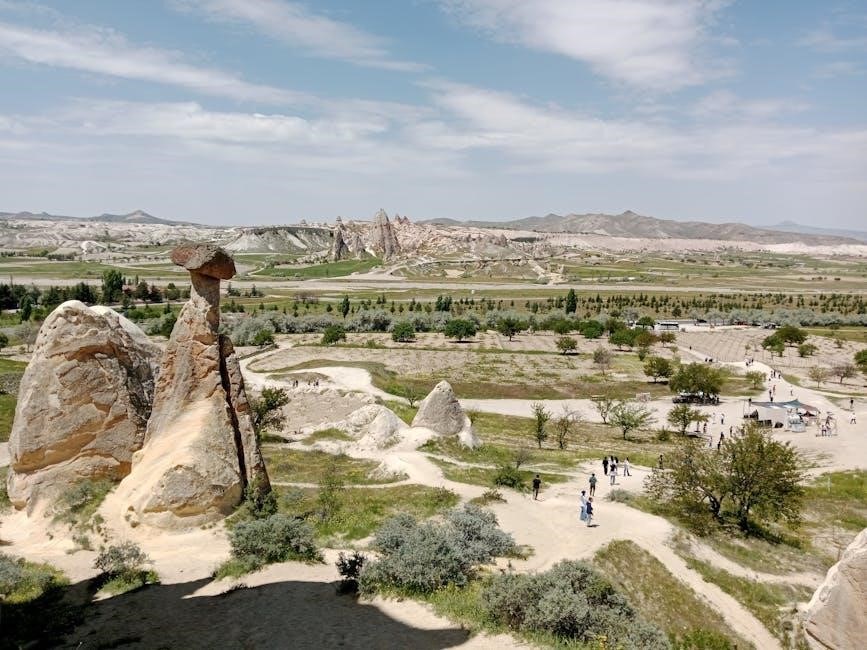
Tips for Creating Tour Guide Crosswords
Crafting tour guide-themed crosswords involves selecting relevant vocabulary and designing clues. Varying clue difficulty ensures engagement for all solvers, from beginners to experts. Consider related travel terms to broaden the puzzle’s scope.
Choosing Relevant Vocabulary
Selecting the right vocabulary is crucial for a tour guide crossword. Focus on terms directly related to travel, guiding, and landmarks. Include words like “cicerone,” “map,” “GPS,” and names of famous sites. Also, consider directional terms and words associated with tourist activities.
Think about phrases that tour guides might use or objects they often carry. Incorporate vocabulary that reflects different types of tours, such as historical walks or nature excursions. The chosen words should be accessible yet challenging, adding depth to the crossword experience.
Designing Clues of Varying Difficulty
Creating clues with varied difficulty levels is essential for engaging all solvers. Start with straightforward definitions for common terms. Progress to more cryptic clues that require lateral thinking. Use synonyms, homophones, and double meanings to increase challenge.
Incorporate geographical knowledge or historical facts related to tour guiding for harder clues. Consider using anagrams or hidden words within the clues themselves. Balance the puzzle with a mix of easy, medium, and hard clues to cater to different skill levels and make the crossword enjoyable for everyone, from novice to expert solvers.
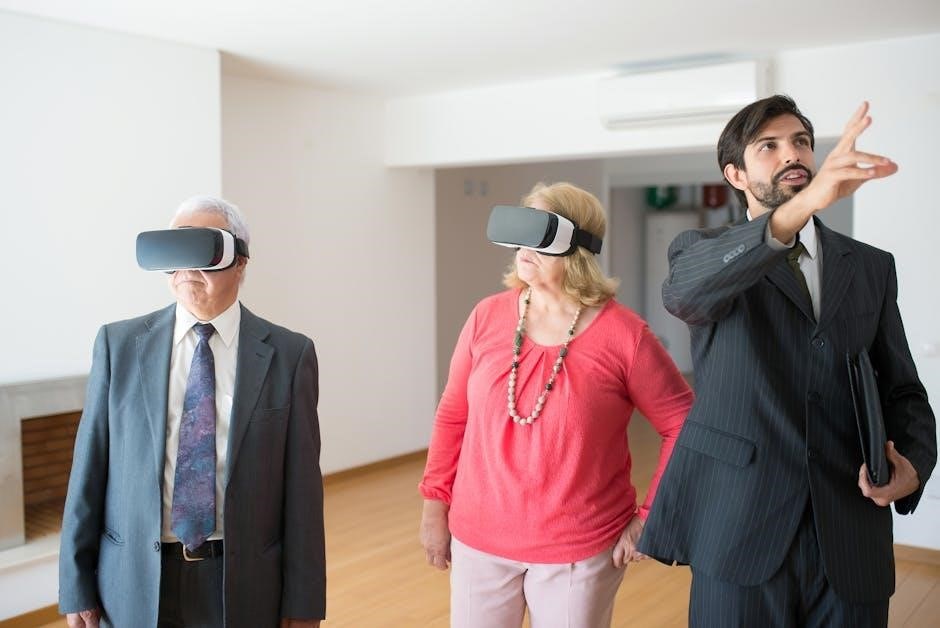
The History of Crossword Puzzles
Crossword puzzles, including those with travel themes, originated in the early 20th century. They quickly gained popularity, evolving into diverse formats, from simple grids to complex cryptic variations, captivating solvers worldwide.
Early Crosswords
The earliest crosswords, simpler in design than today’s puzzles, focused on basic vocabulary. These puzzles provided accessible entertainment, featuring straightforward clues and common words. Travel-related themes, including tour guides, were less frequent in these initial iterations. The puzzles were often found in newspapers, gaining popularity quickly. Their simplicity made them a great activity for a wide audience. Early crosswords served as a foundation for the complex and varied puzzles we see today. Solvers appreciated the ease of access and the mental stimulation they provided. The puzzles were a welcome addition to daily life.
Evolution of Crossword Design
Crossword design has evolved significantly from its early, basic forms. Modern crosswords feature themed puzzles, cryptic clues, and varied grid patterns. The inclusion of specialized knowledge, like tour guide terminology, reflects this evolution. Clues became more intricate, requiring solvers to employ lateral thinking. The rise of thematic crosswords allowed for deeper dives into specific subjects. This evolution caters to both casual and experienced solvers, with varying difficulty levels. Online tools and databases also contribute to this change, offering assistance and resources. Ultimately, crosswords have transformed into a sophisticated and engaging form of entertainment.